 As a writer of books for children, the most difficult thing for me to admit is that I wasn’t a big reader when I was a child (which is very a-typical for kidlit authors). I read and loved a lot of picture books during my elementary school years, and then some Amelia Bedelia early readers, but I can literally name—on just two hands—the novels I remember finishing before I graduated from high school. They were pretty much all by Judy Blume and Roald Dahl.
As a writer of books for children, the most difficult thing for me to admit is that I wasn’t a big reader when I was a child (which is very a-typical for kidlit authors). I read and loved a lot of picture books during my elementary school years, and then some Amelia Bedelia early readers, but I can literally name—on just two hands—the novels I remember finishing before I graduated from high school. They were pretty much all by Judy Blume and Roald Dahl.
I look back now and can’t figure out exactly why I wasn’t a big reader—my parents both read incessantly and took me to the library all the time—but I have a clue. Truth be known, reading was difficult for me. More often than not, I felt frustrated because I would read five or ten pages and then realize I had no idea what was going on. I couldn’t remember which character was which or how they knew one another. I didn’t feel attached to the story at all. As it turns out, I had a learning disability that I didn’t know about until I was in college. But I won’t put a label on it now because this isn’t the point of my post.
The point of my post is to say this: My writing ability has taken a very long time to develop because I wasn’t a big reader until I was in my twenties. And now I’ve been playing catch up for the next twenty years.
I started with non-fiction (typical for a college student), moved on to the adult market, then finally—for the first time in my life—truly discovered the magic of middle grade and young adult novels. And that’s when I fell in love with reading. It became an addiction.
In his book On Writing, Stephen King says, “If you don’t have the time to read, you don’t have the time or the tools to write.”
I wholeheartedly agree. Reading is, by far, the best thing a writer can do to sharpen his or her storytelling skills. Yes, you also need to write and write and write, for development, but very little improvement will take place if a writer isn’t learning from others through a process similar to osmosis. Exposure to excellent storytelling, and lots of it, can’t help but rub off.
As a reader, the more books you read, the pickier you become about loving a book verses just liking it. Or even finishing it. Right?
The same thing has happened to me as a writer. The more I read, the easier it becomes to pick out what makes a plot work and what hurts it. The characters in a great novel become my friends, and just like it’s simple for me to tell someone what I like about my real-life BFFs, I can more skillfully tell my readers what makes a person attractive or repulsive (at least to me). And I can also better understand, by reading excellent books, what my own weaknesses are as a writer. I struggle with the details of setting—how to make it feel natural without overdoing it—and transitions. (Why is it so darn difficult to move a character from one room or thought to another?!)
But when I see the masters at work, I learn. And I absorb.
And this is another critical element: A writer needs to know and understand the genre and market they’re writing for. If you’ve been involved with critique groups and read enough pages from beginning writers (and believe me, I was one of them, so I’m not knocking anyone), it’s likely that you’ve heard sample pages that don’t fit the parameters of the author’s intended market. Perhaps it’s a picture book with 3000 words. Or the story is about seniors in high school, who should be thinking about college applications and their unattainable crush, but is instead filled with pranks on teachers and middle grade gross-out humor.
Knowing what works in each market, and what doesn’t, is obviously paramount to your success. And you’ll only know this if you’re intimately familiar with your chosen genre.
And then there is pacing. This is another thing I struggle with. I think of a cool scene that I’m dying to get to, or that awesome moment when my two main characters finally get things right, and I want to make it happen that very moment. I want the plot to move over so my characters can make out express everything they’ve been holding back. But the best pacing uses restraint for a slow burn; it builds up for a worth-while reveal. It makes a reader work for the rewards. And it also knows when to push all the details about the carpet and drapery out of the way and get on with the story.
I love that about reading, because good pacing is something that can only be understood through experiencing it. It can’t really be taught, and it’s certainly difficult to master.
Another benefit of continuous reading is recognizing clichés or overdone plots. While it’s true that there are “no new ideas, only new voices” editors likely won’t even read your first page these days—no matter how stellar your writing is—if your pitch tells them that the new girl in school is unavoidably attracted to a mysterious boy who is actually—gasp!—a vampire/werewolf/dark angel. While this pitch in various forms sold book after book about seven years ago, writers who keep up with the ever-changing trends will likely know better than to spend their time on a similar plot (but check back in another seven years).
And the #1 reason to read: isn’t reading THE BEST THING EVER, anyway?
I’m still not a fast reader, and my struggles with attention haven’t entirely faded, but once I get hooked on a good book, I’m gone. I’m in heaven. And I want nothing more than to help my own readers experience this same emotion.
So tell me, what has reading done for your own writing? Has it helped you avoid overdone plots or character types? Honed your skills? Does good writing put you in the mood to work? It surely does that for me!
_________________________________
 Amy Finnegan writes Young Adult novels and is a host at BookshopTalk.com. Her debut novel, NOT IN THE SCRIPT, will be published by Bloomsbury, Fall 2014. You can follow Amy on Twitter @ajfinnegan, and Facebook (Amy Finnegan, Author). She is represented by Erin Murphy.
Amy Finnegan writes Young Adult novels and is a host at BookshopTalk.com. Her debut novel, NOT IN THE SCRIPT, will be published by Bloomsbury, Fall 2014. You can follow Amy on Twitter @ajfinnegan, and Facebook (Amy Finnegan, Author). She is represented by Erin Murphy.


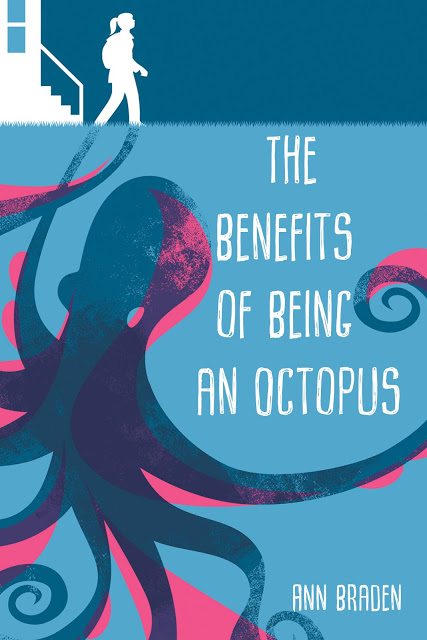

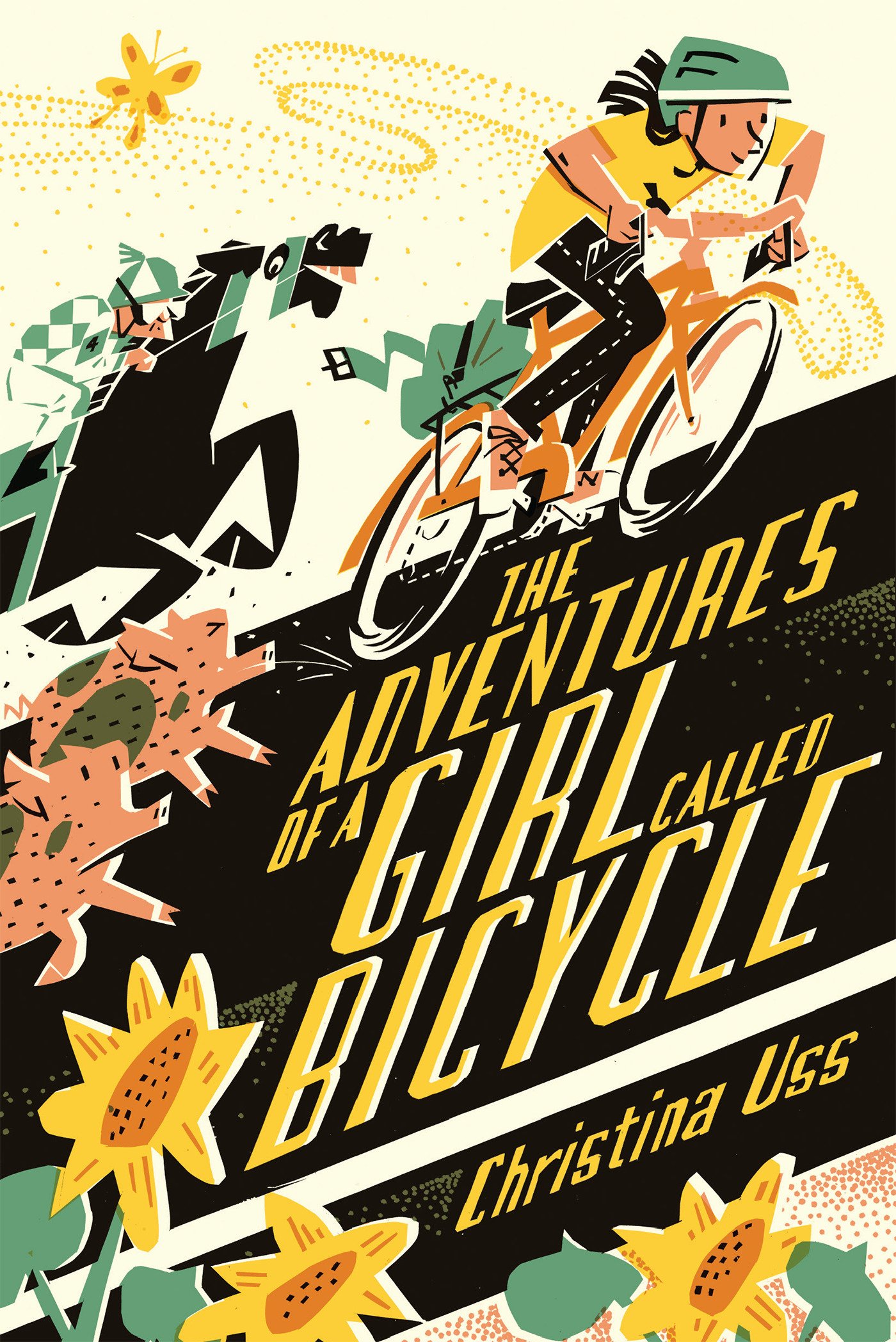






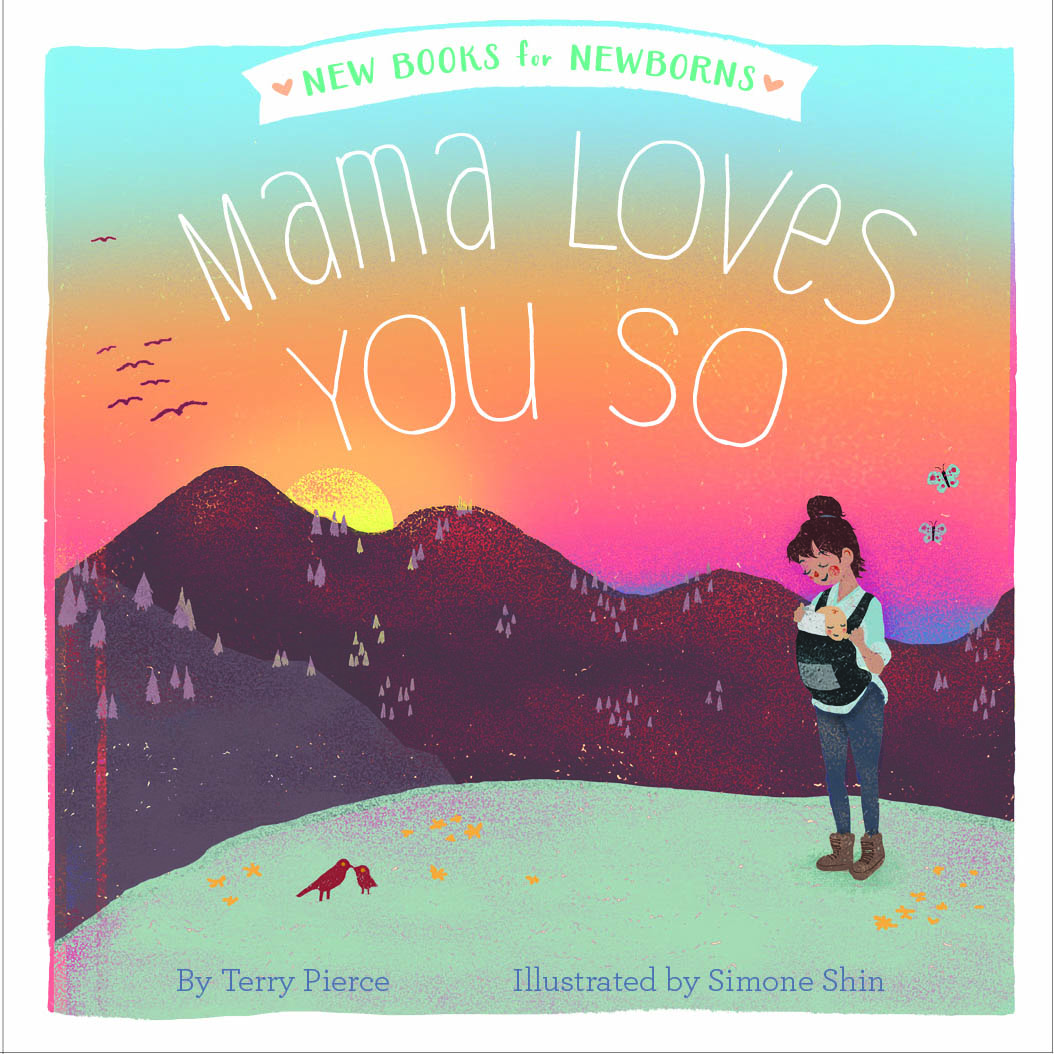
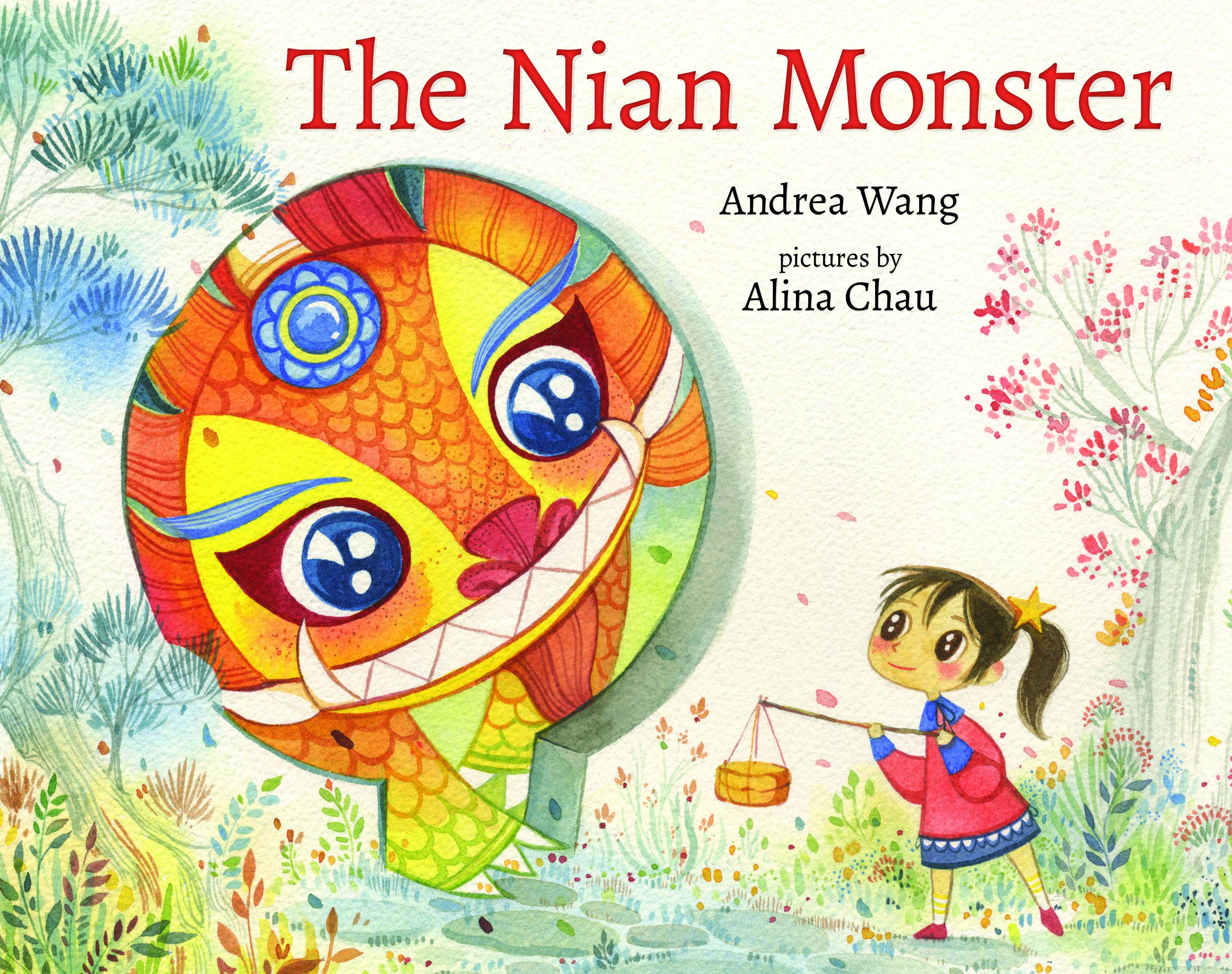
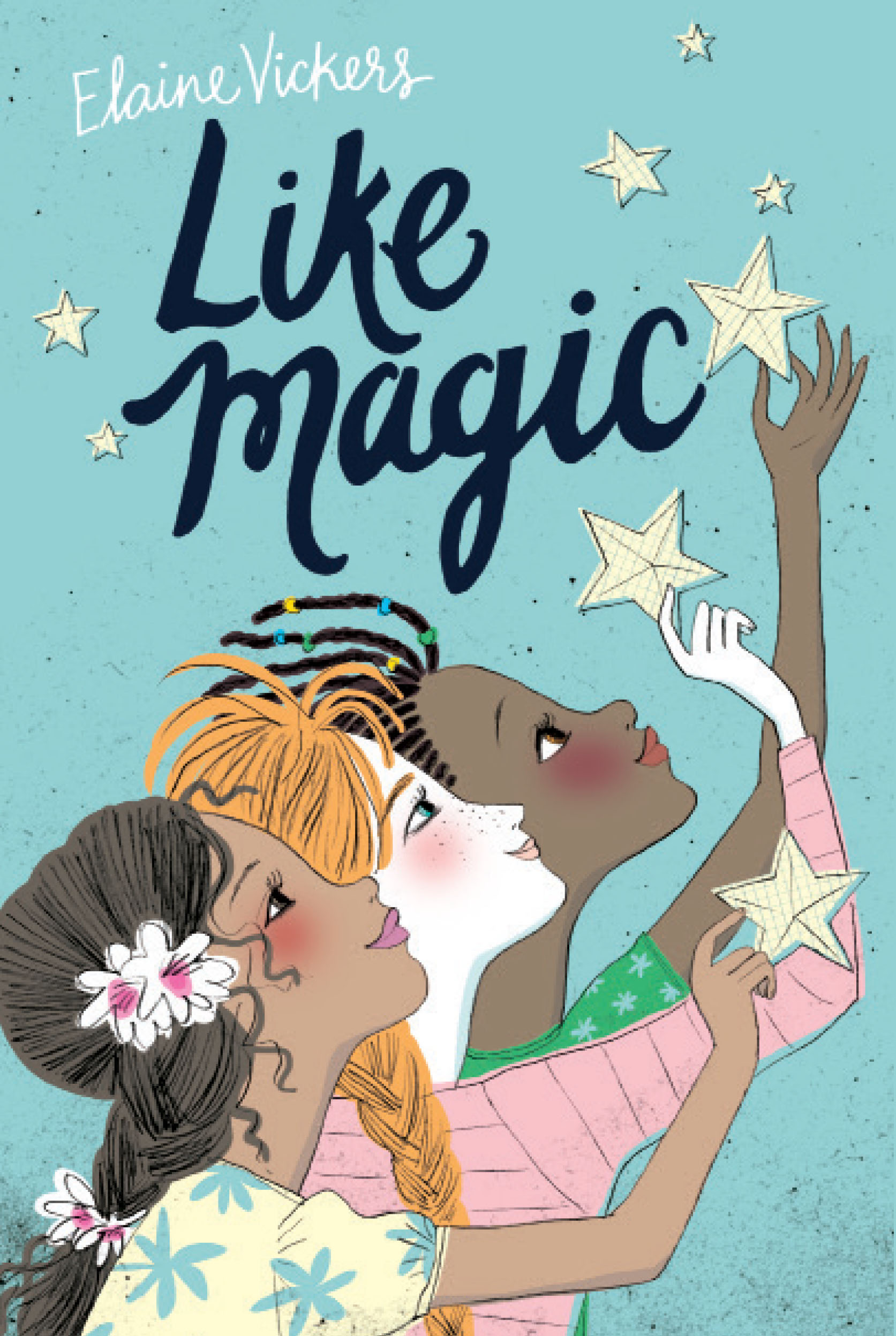
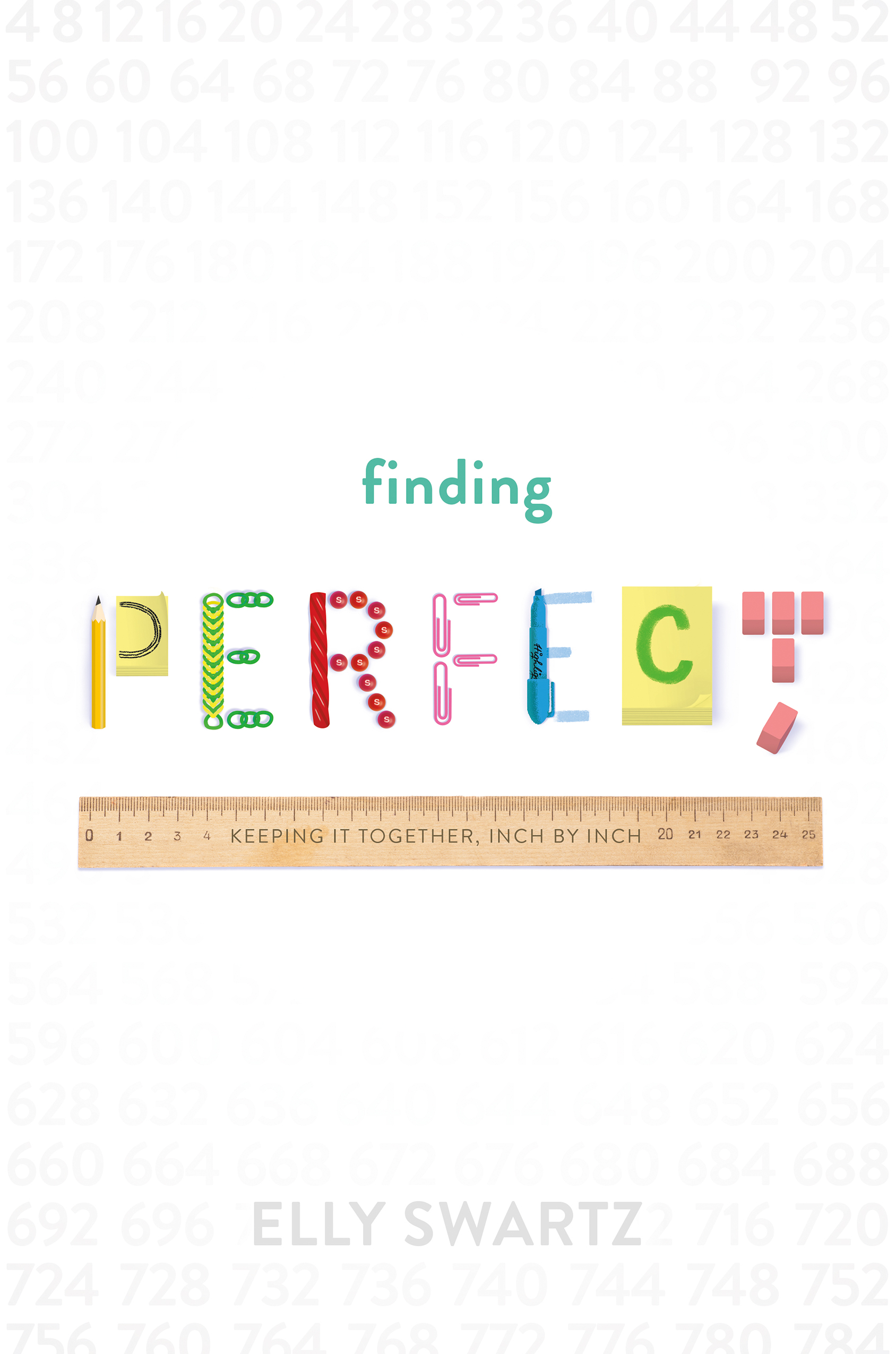
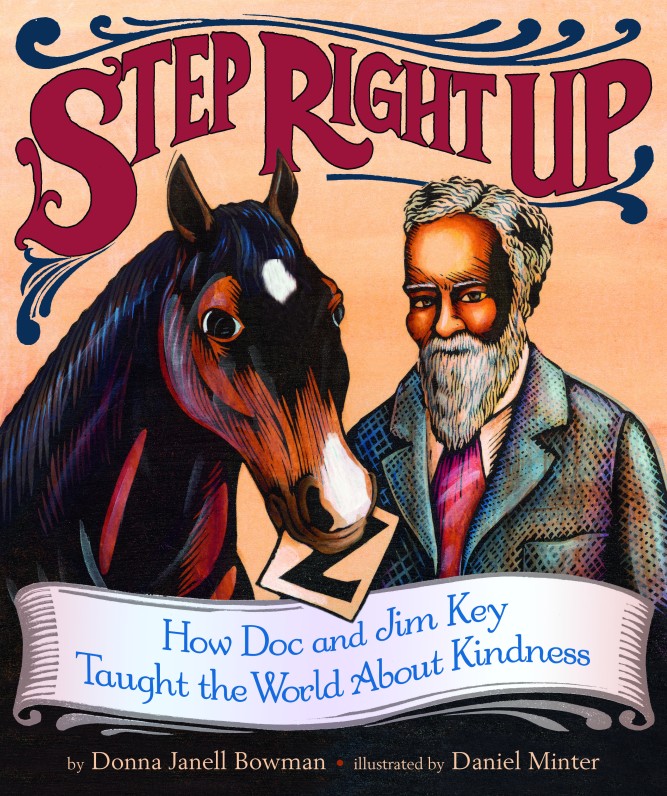
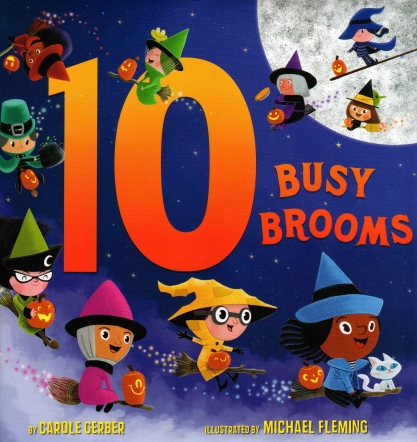
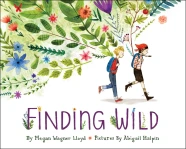
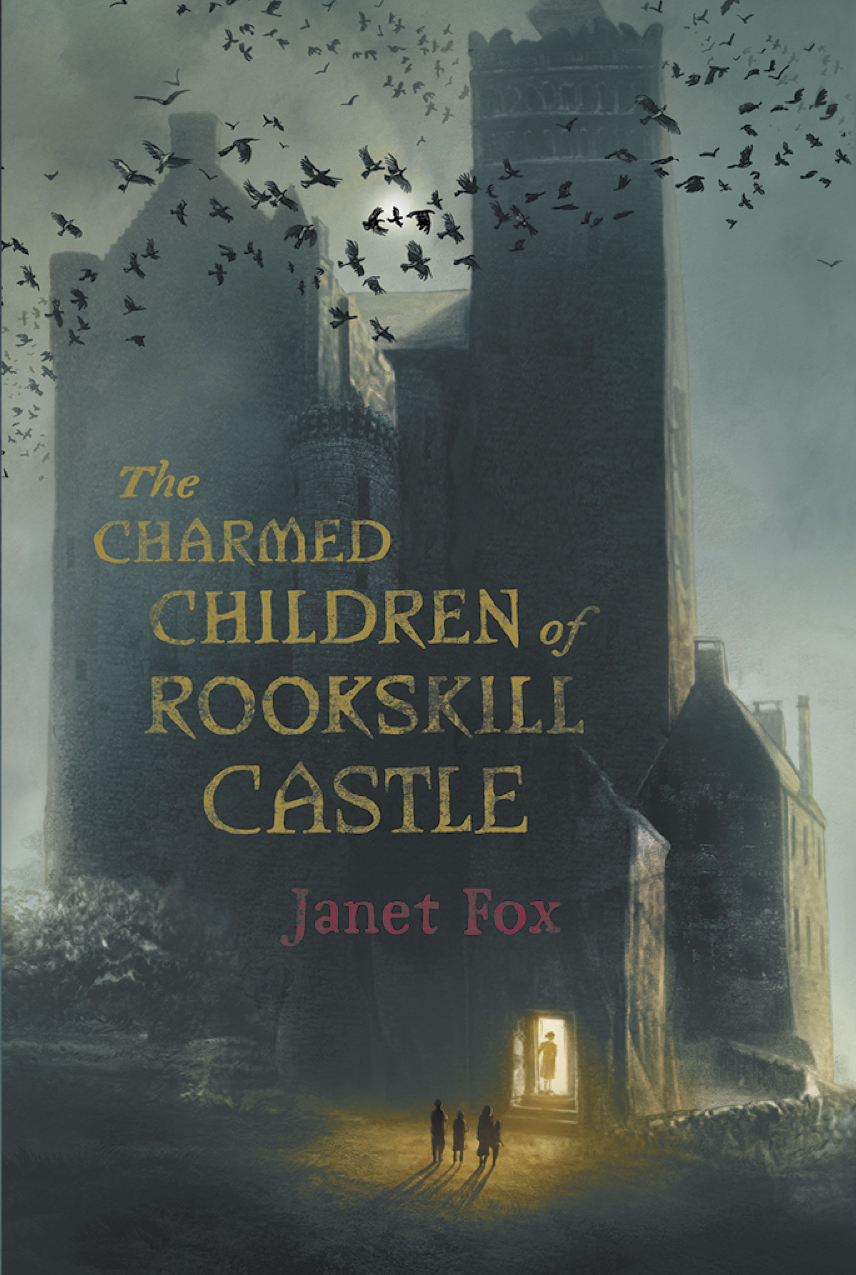
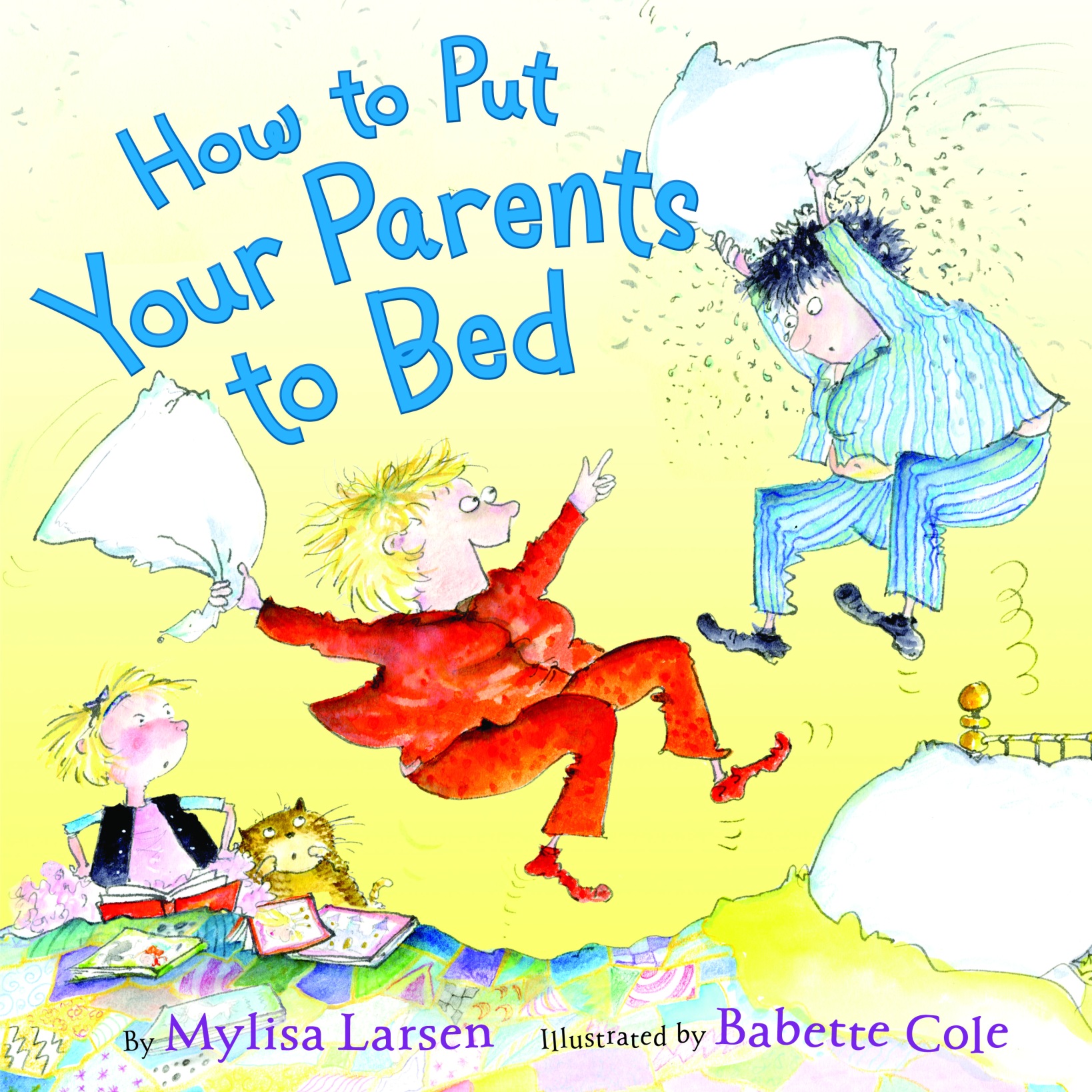



Great post, Amy, and so true. Thank you for sharing your own story!
LikeLike
Absolutely true. For me, I didn’t even like writing until I started reading more. Then inspiration started to strike me from there.
LikeLike
Amy, I have Stephen King’s book next on-deck to read on my nightstand. I just finished “Bird by Bird” by Anne LaMott. This is the first time I’ve picked up a “how-to-write, by me, published author” kind of book and it was so rejuvenating in a way only a writer can understand. But, I agree, middle grade is so thoughtful, so magical. Often when I finish a really great MG novel, I come away thinking, I want my book to feel like that one. Lots of love for this post!
LikeLike
So very true… would be awesome to be a memory thief… vampire, I guess… just go around sucking out the knowledge from other readers and authors (or, in softer terms, file sharing – Vampire Napster)
LikeLike
Great advice, Amy. I have learned so much about writing from reading, reading, reading. Reading helps me think about why I love a book or why it doesn’t work for me and, then, how to translate the “why I love a book” into my own writing.
LikeLike
It’s nice to know that I am not the only slow reader with attention issues in this business. I don’t ask for ARCs because of that. But I read, read, read because as you say, it’s “THE BEST THIING EVER anyway.” The learning, the inspiration, the motivation are all secondary benefits.
Great piece, Amy!!
LikeLike
Yeah – why *is* it so hard to move characters from one room to another? Also loved this ” The more I read, the easier it becomes to pick out what makes a plot work and what hurts it.” So true. Also, reading takes me out of my own head and installs me in someone else’s. It gives me a break.
LikeLike
Thanks for an excellent post. To answer your question regarding reading affecting my writing … I have always loved books and I think my writing is better than it would have been because of all the reading I have done. Although I don’t read or write nearly as much as I would like (or should) due to life situations I continue to add books to my stockpile, reading when I can. I am mostly writing in my blog with loads of ideas collected and a few children’s books drafted. I admit there is still SO MUCH I have to learn.
LikeLike
Reading has always inspired and challenged me. So, great advice!
LikeLike
I definitely have more middle grade novels on my bookshelf now than I ever read back in middle school. I go back to them over and over to understand plotting, character development, language, and most of all, voice.
LikeLike
Great post, Amy! It’s both overwhelming and comforting to know that even a lifetime isn’t long enough to read all the amazing books out there.
LikeLike
I have “attention issues.” I never could pay attention in class or get good grades. But I loved books. I sat still enough to read The Changeling by Zilpha Keatley Snyder when I was six and from that moment on, I was hooked. I alternated bike-riding/tree-climbing with reading. Pretty much nothing else. I definitely would not have a feel of story without that. Great post!
LikeLike
Reading has made me a more alert writer. Right now I’m alert to when I am telling instead of showing so I love seeing the ways that other writers get the story on the page without telling. Thanks for the post, Amy.
LikeLike
Great post, Amy! Some of my favorite how-to-write books are actually novels that I enjoyed reading the first time, then dove back into in order to examine what/why/how things worked the way they did in the story. I learned some terrific lessons about metaphor from Shannon Hale, Megan Whalen Turner’s “The Queen’s Thief” series has great pacing, and J.K. Rowling’s characters can’t be beat.
LikeLike
Great post, Amy. I love that Stephen King quote.
LikeLike
Pingback: Cover Reveal: Not In The Script by Amy Finnegan